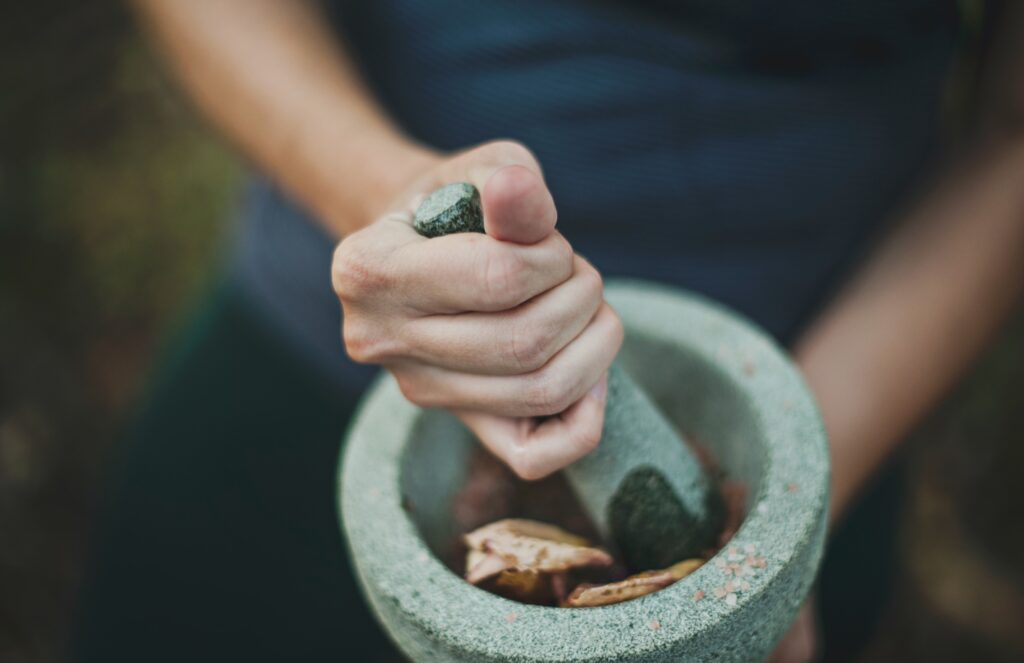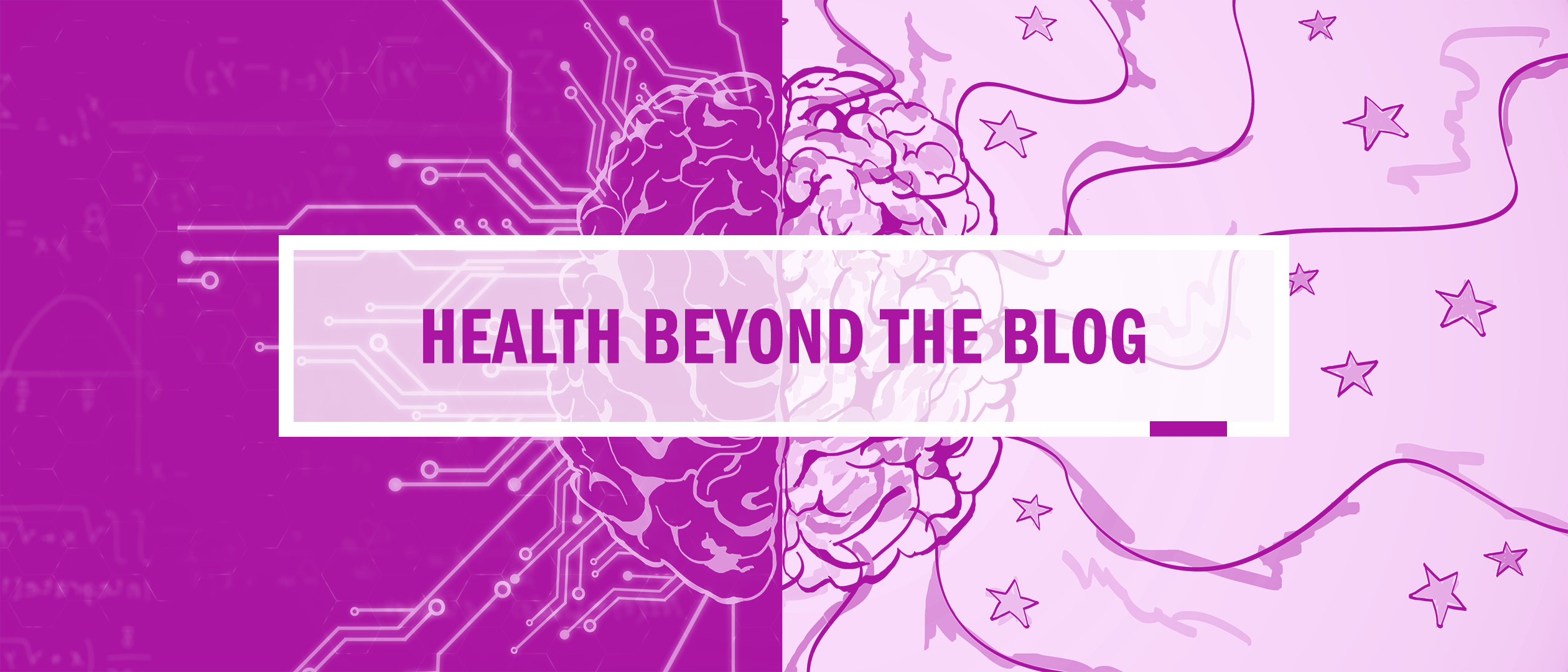New from the @EmoryCSHH News Team: Diemerging scientific insights into menstruation, learn about Scotland's decision to pause gender-related medications for minors, and explore why mental health and substance use disorders frequently remain untreated among parents on Medicaid.
1.
Traditional Medicine in The Modern World

A health series that illuminates the efficacy and importance of traditional medicine systems and their impacts on modern medical issues.
By India Ciánna Stevenson
Traditional medicine is the foundation on which modern medical practices were formed. Traditional medicine systems such as traditional Chinese medicine, Ayurveda, Kampo, and Unani are all practiced around the world and are directly responsible for the regulated systems of medicine in the modern world.[1] Through colonialism, societal pressures of governments, and missionaries, many traditional medical systems have been disregarded and pushed aside under labels such as “witchcraft” and “pseudoscience”. However, modern research has proven that, contrary to those labels, traditional medical systems are effective in treating various chronic diseases and physiological issues.[2]
There are several factors that are attributed to the effectiveness of traditional medical systems. Many practitioners of traditional medicine have extensive knowledge of herbs and their potential for healing illness, and this knowledge serves them well in their practice. Most traditional healers also utilize a more holistic approach to medicine than modern medical practices. This holistic approach is characterized by the traditional healer’s consideration of factors on the physical, emotional and spiritual level in a way that emphasizes disease prevention and considers the patient’s overall lifestyle. Through this holistic approach, a balance is found amongst all the factors that influence health such as the mental, physical, and emotional elements. Traditional medicine is also usually community-based, which makes it common for traditional healers to know their patients on a more personal level. This personal relationship often ensures that the healers are well acquainted with their patient’s background and cultural beliefs, and they are able to consider that in their treatment. Traditional medicine is also a decentralized medical option that is convenient and inexpensive to the local communities that it serves.[2]

In some areas of the world such as Africa, Asia, Latin America, and the Middle East, around 70 to 95 percent of the population still use traditional medicine for their primary healthcare. The commercialization of practices that were derived from traditional medical systems, such as yoga and acupuncture, has also heightened the West’s interest in traditional medicine. Many modern medical professionals and researchers have also begun to turn to traditional medical systems in their desperate search for new drugs to combat the pressing issue of antimicrobial resistance.[4]
However, despite the modern interest in traditional medicine, the stigma and societal pressures associated with traditional medicinal systems are still a barrier. The current globalized dominance of biomedicine in modern medical practices is a result of the ever-present socio-political subordination of indigenous healthcare practices. In both research and medicine, there is still a need to re-examine the existing colonial models that are present in the regulation of and attitudes towards traditional medicine.[3] The destigmatization and decolonization of traditional medicine are necessary in order to embrace the full capabilities and benefits of traditional medical systems around the world.
- David Young; Ingram Grant; Swartz Ingelise. (1988, March 01). The persistence of traditional medicine in the modern world. Retrieved October 26, 2021, from https://www.culturalsurvival.org/publications/cultural-survival-quarterly/persistence-traditional-medicine-modern-world
- Yuan, H., Ma, Q., Ye, L., & Piao, G. (2016). The Traditional Medicine and Modern Medicine from Natural Products. Molecules (Basel, Switzerland), 21(5), 559. https://doi.org/10.3390/molecules21050559
- Manson, J. (2018, May 12). Researchers highlight ‘colonial’ mindset behind Traditional Medicine Regulation. Retrieved October 27, 2021, from https://www.naturalproductsglobal.com/health-and-nutrition/article-highlights-colonial-mindset-behind-traditional-medicine-regulation/
- Shetty, P., & Rinaldi, A. (n.d.). Traditional medicine for modern times: Facts and figures. Retrieved October 27, 2021, from https://www.scidev.net/global/features/traditional-medicine-modern-times-facts-figures/


